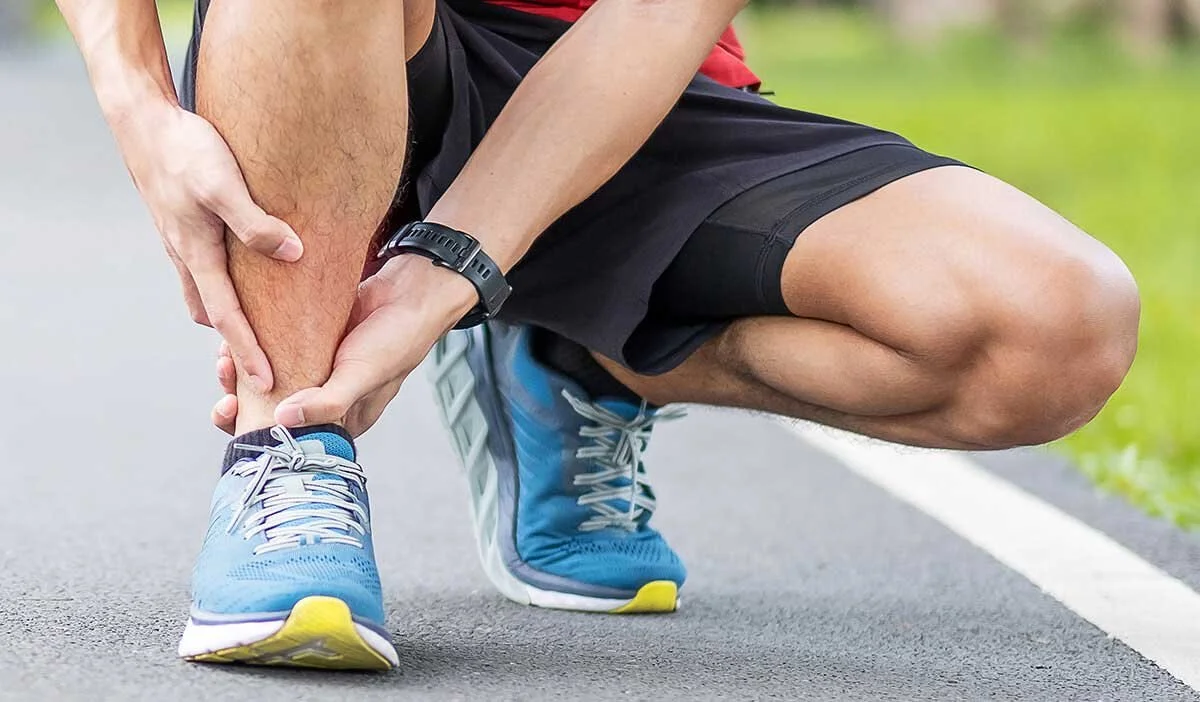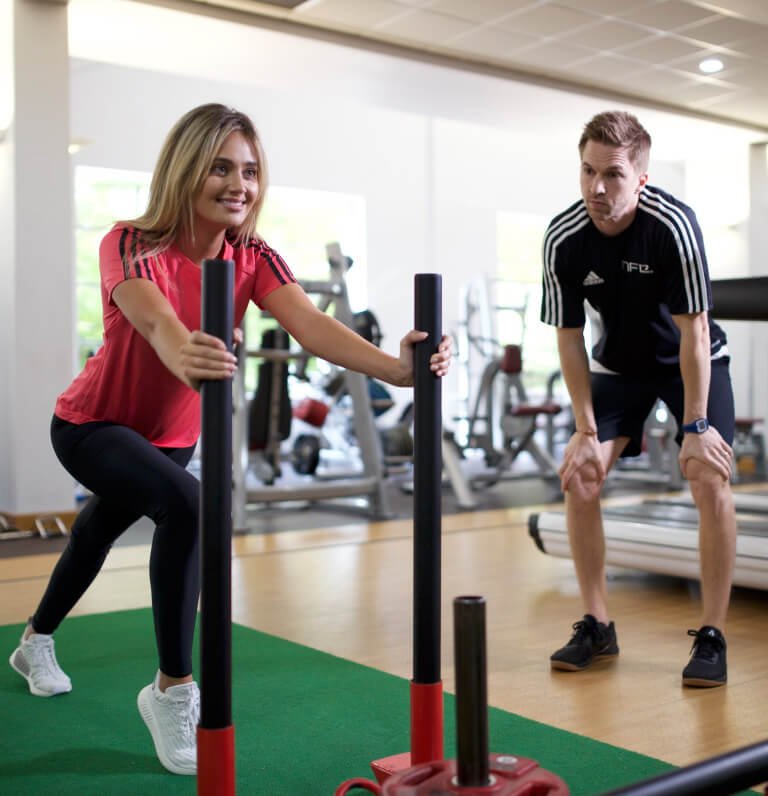Return to Running After Injury: How to Know When You're Ready
If you're a runner in Portage, MI, dealing with an injury can feel like hitting a brick wall. The road back to running isn’t always clear — and rushing the process often leads to re-injury, setbacks, and frustration. At Pure Movement, we help runners return safely and confidently with our Return to Sport & Life Program — a progressive system that takes you from pain to performance, step by step.
Whether you're recovering from achilles tendinopathy, a stress fracture, runner’s knee, or shin splints, our goal is to help you get back to doing what you love — without fear of breaking down again.
The Problem with Traditional Rehab for Runners
Most rehab programs do a good job managing symptoms and restoring basic function — but they often stop too soon. Just because you’re no longer in pain doesn’t mean your body is ready to handle the repetitive stress of running.
Running is high-impact, and every step places 2–6x your bodyweight through the lower limb. To reduce your risk of reinjury, your body needs more than rest. It needs strength, capacity, and control — all of which are built through intentional, progressive training.
Our Return to Sport & Life Program for Portage Runners
At Pure Movement, we bridge the gap between physical therapy and full return to running with a complete return-to-sport program. Designed specifically for active adults and recreational athletes in Portage and Kalamazoo, this program transforms your rehab into a performance-focused strength program so you can return stronger than before.
We break the process down into clear phases, tailored to the type and severity of your injury. Each phase includes movement benchmarks and objective criteria to move forward — so you're never guessing whether you're ready for the next step.
The Phases of a Successful Return
Although we customize each program, our process typically follows these stages:
1. Pain Management & Basic Mobility
We address pain, swelling, and range of motion first. This includes soft tissue work, mobility drills, and gentle activation exercises.
2. Foundational Strength & Control
We rebuild strength in the hips, core, feet, and surrounding joints using bodyweight and resistance training focused on bilateral and supported movements.
3. Single-Leg Strength & Stability
Since running is a single-leg sport, we progress to lunges, lateral step-downs, and other unilateral exercises to challenge balance and coordination.
4. Plyometric Preparation
You’ll begin low-level jumping, hopping, and skipping drills to reintroduce impact and improve tendon elasticity and resilience.
5. Running Drills & Gradual Return
Finally, we layer in technique drills, skipping, and short running intervals to reintroduce load and speed — all guided by movement quality and comfort.
How to Know You’re Ready to Run Again
Before logging miles on your favorite Portage trails or heading out to race a local 5k, you should be able to complete the following movements without pain and with good quality:
✅ Single-leg balance (static & dynamic)
✅ Forward and reverse lunges
✅ Lateral step downs
✅ Single-leg calf raises
✅ Ankle hops (double and single leg)
✅ Single-leg vertical and horizontal jumps
✅ Skipping with coordination and rhythm
✅ Fitness walking for 60 minutes at a brisk pace (with arm swing) without pain
These aren't just arbitrary exercises — they’re prerequisites to running. Each one mimics the demands of the run cycle in some way: balance, strength, impact absorption, and coordination.
If you're not ready for these movements, you’re not ready to run — yet.
But don’t worry, our program is designed to gradually build up to each of these milestones.
Strength Training: The Key to a Long-Term Return
Many injured runners in Portage make the mistake of easing back into running without building a foundation. But real recovery doesn’t stop at rehab — it evolves into intelligent strength training.
At Pure Movement, we ensure your return to running includes:
Progressive strengthening of the lower extremity
Core, pelvic, and foot stability
Plyometrics with emphasis on propulsion and shock absorption
Endurance and tolerance to repetitive loads
Correcting faulty running mechanics
The result? You don’t just heal — you perform better than before.
Real Results for Portage’s Running Community
Whether you're training for the Kalamazoo Marathon, enjoying the Portage Creek Bicentennial Trail, or jogging around the neighborhood, we’ll help you rebuild your strength, confidence, and consistency.
Clients in our Return to Sport & Life Program report:
Decreased flare-ups and pain
Improved single-leg control
Greater running confidence
Better form and stride mechanics
A smarter, more sustainable approach to training
Ready to Get Back on the Road?
If you’re not sure whether it’s safe to run again — or want to avoid setbacks — start with an evaluation to establish your baseline.
You don’t have to do it alone, and you don’t have to guess. Our team will assess your movement, analyze your running form, identify any weak links, and guide you through a personalized return-to-run progression.
📍 Location: 2050 W. Centre Ave, Portage, MI
📆 Contact us to schedule your assessment
Final Thoughts
Returning to running shouldn’t be a guessing game. It should be a structured, science-based journey that builds your body up — not just gets you back to zero.
At Pure Movement, we help you return not just to running, but to running well.
Join the movement. Reclaim your stride.



